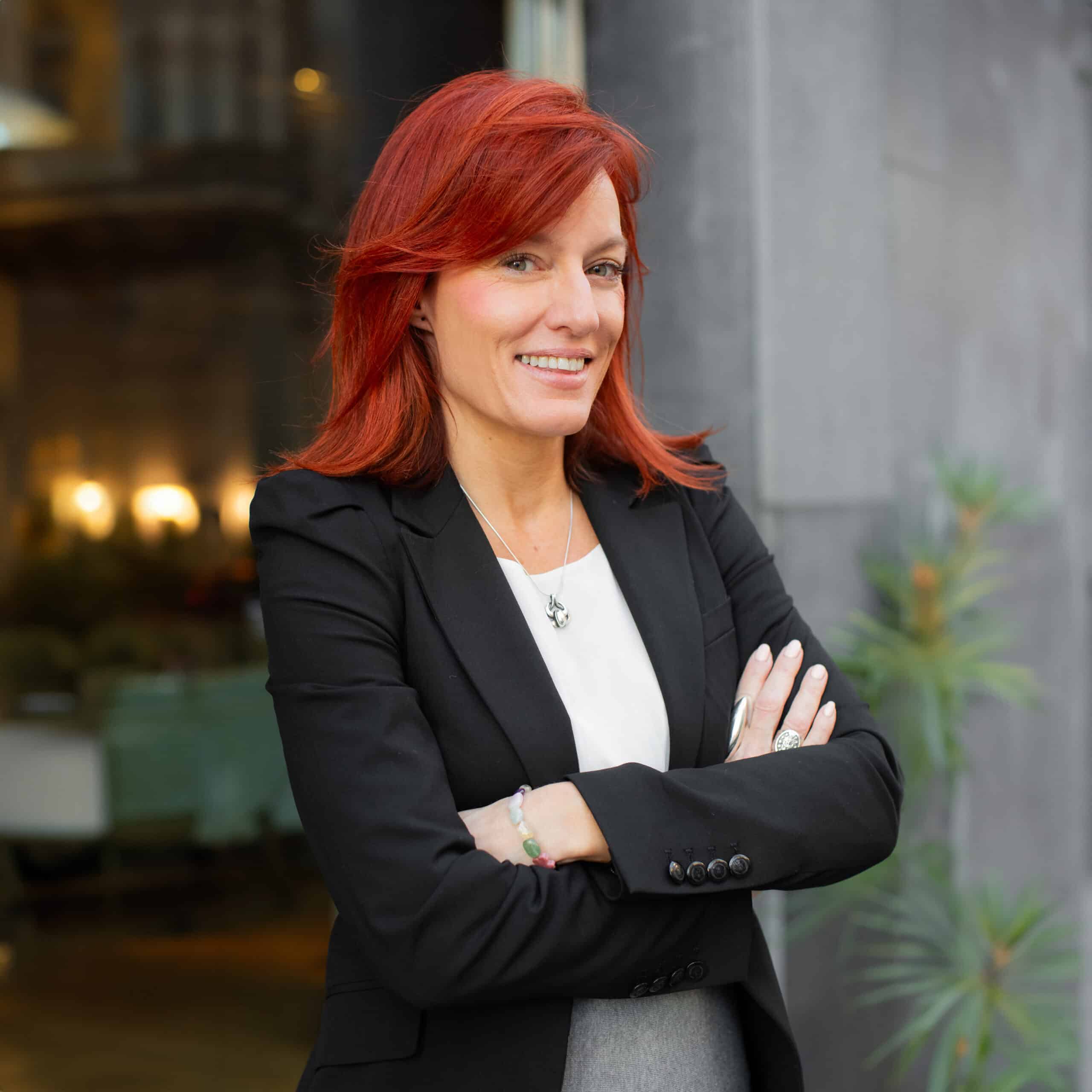What are the Financial Times Responsible Business Education Awards?
For the past four years, the Financial Times (FT) has welcomed entries in the Responsible Business Education Awards. The awards emerged as a result of growing pressure for change in management education. Across the areas of recruitment, research, and teaching, there is mounting pressure to embrace responsible business practices and tackle pressing sustainability issues facing the planet.
The FT gives out three awards recognizing innovative approaches to tackling global challenges including climate change, sustainability, and poverty:
- Best business school student start-up or non-profit project
- Best business school academic project with impact on policy or practice
- Best business school teaching materials based on innovative research
The strongest examples in each category are decided by a panel of external and internal judges.
The Responsible Business Education Award for Teaching winners can be a useful reference if you are looking for programs geared to make a positive impact. Try to look for programs and specialization tracks centered around managing sustainable initiatives in an ever-changing global business landscape.
FT Responsible Business Education: Award For Teaching 2025
The Responsible Business Education Teaching Award highlights innovative teaching approaches that integrate sustainability, experiential learning, and advanced technology into business curricula. To this end, this year’s winners exemplify how academia is evolving to address global challenges.
Amid growing pressure for businesses to prioritize environmental, social, and economic sustainability, these awards recognize the schools, researchers, and teachers evolving business education.
Here are the award-winning institutions making strides in developing responsible teaching resources:
INSEAD
Eric Luis Uhlmann, Horacio Falcão, Roderick Swaab
Advanced Negotiations
HEC Paris
Maureen Sigliano
2050NOW
London Business School
Ioannis Ioannou
Sustainability Leadership: Challenges and Opportunities
UNSW Business School
Veronica Zixi Jiang
Diverse Horizons: VR for Transformative Inclusive Education
Cranfield School of Management
Rosina Watson
Exploring Sustainable Futures game
At the same time, the judges also publish a list of Highly Commended projects featuring exceptional work from business schools across the globe.
Now let’s explore the projects that meet the ever-increasing demand for responsible business models in 2025.
INSEAD’s Advanced Negotiations Course
INSEAD’s online, four-week certificate program emphasizes sustainability by focusing on case studies from the Global South. Students engage with scenarios such as stakeholder management in Latin American mining companies and labor negotiations in India. The course prepares students to adopt win-win strategies, nurture sustainable outcomes and collaborative relationships essential for addressing complex sustainability challenges.
HEC Paris’s 2050NOW Learning Experience
In April 2024, HEC Paris launched the 2050NOW initiative. Engaging over 300 participants, including students, academics, and business leaders, to envision sustainable futures. The program combined immersive multimedia experiences with deep discussions, focusing on the longitudinal impact of business decisions.
Participants could travel virtually to Kinshasa, following “Adama” a leader in a European multinational company, to explore the complex relationships between corporate actions and their global effects. This collaborative approach aimed to redefine leadership education as a tool for impactful change.
London Business School’s Sustainability Leadership Program
This initiative from London Business School involves alumni from diverse sectors, from energy to luxury, sharing real-world sustainability challenges with current students.
By bridging theoretical knowledge and practical application, the program prepares future leaders to implement sustainable practices within their organizations, emphasizing the importance of responsible leadership in today’s business environment.
UNSW Sydney Business School’s Virtual Reality Project
Utilizing virtual reality, UNSW Sydney Business School’s project immerses students in the experiences of marginalized communities. Commended by the judges as a project that breaks new ground in this area, this interactive tool aims to put students at the center of the issue they are trying to solve.
By giving a first-person perspective, it fosters empathy and a deeper understanding of social issues, encouraging students to develop business solutions that are both innovative and socially responsible.
Cranfield School of Management’s Role-Playing Game
This educational tool developed at Cranfield School of Management in the UK, educates students about sustainable futures through interactive role-playing. By simulating real-world scenarios, students learn the complexities of implementing sustainable practices and the importance of strategic decision-making in achieving long-term environmental sustainability goals.
Now that you know who the winners are, let’s dive into the criteria used by the judges to assess each school’s project.
FT Awards’ Criteria for Sustainable Business Schools
The Financial Times enlisted a panel of esteemed external judges for this year’s Responsible Business Education Awards. Previously, these awards have been evaluated on the basis of their societal impact and adoption of responsible principles.
Here are the criteria used to evaluate the schools in 2024:
- ESG Integration: The awards emphasize including Environmental, Social, and Governance (ESG) themes, ensuring students grasp sustainability in business.
- Net-zero Progress: The award seeks schools applying their efforts towards net-zero carbon emissions, therefore demonstrating dedication to climate change mitigation.
- Carbon Audits: Consideration is given to the depth of carbon audits, thus reflecting schools’ commitment to environmental transparency and accountability.
- Societal Impact: Research and teaching significantly impact society, linking academic work with real-world benefits.
- Innovation and Collaboration: Judges highlight creative and interdisciplinary efforts in responsible business education, setting new standards for excellence.
How To Use the FT Responsible Business Education Awards To Find the Best Master’s in Sustainable Business
Utilizing the Financial Times awards to identify the premier master’s program in sustainable business education is a strategic approach.
Each institution is committed to sustainability through research, learning experiences, or leadership in ecological economics and sustainable business practices.
While assessing which program aligns best with your aspirations, consider how the schools’ programs and specializations resonate with your vision for conducting sustainable business.
Read more about master’s programs with a focus on sustainability on MASTERGRADSCHOOLS. Stay ahead of industry trends with our student insights from MBAs worldwide.






